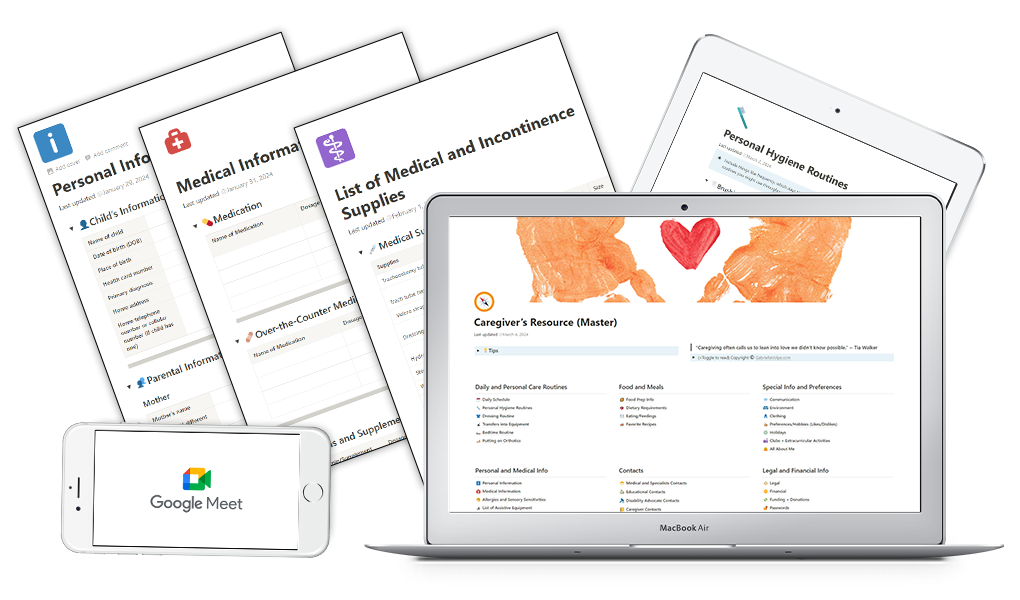Two decades into the 21st century and most decisions made about neurodivergent and chronically ill/disabled individuals are made by non-disabled people many levels removed from the lives they directly impact.
Social service is set up to assist individuals and their families in ensuring their well-being and obtaining assistance and funding equitably. A major obstacle in the way of these services is the red tape set up by the same government-run programs.
The current system of care* is antiquated
The system set up to pay care workers is unacceptably antiquated, as is the process to request equipment and funding and access to a steady, reliable service provider.
Each process is also unnecessarily long. The methods of record-keeping are outdated, require way too many signatures for approval, and are, in many cases, dangerous as they keep those in need waiting months for something we know in a modern world takes mere hours to acquire.
The current system of care does not respect the client
Clients’ time is not respected, grave errors are common, and the quality of caregiving varies from one center to another. You might luck out, but you also might not. This fragmentation in the system is potentially detrimental to the end-user.
The current system of care is discriminatory
After more than a decade, having lived in two boroughs, affiliated with four centers, and having spoken to individuals in various countries walking a similar path, it’s clear there is a critical and discriminatory problem with caregiving services. I would even say they’re designed to fail.
Stating “this is how it’s always been done” is no longer acceptable. Having to spend months wrangling with an ombudsperson is not OK. Having care run on a reactive rather than preventative basis is flat-out criminal.
I don’t want the telephone number of the next person up in hierarchy. Each individual has a right to quality care the first time—without extra effort, without additional disputes, without proof of their value as a human being.
Quality care is a human right, and we must demand it.
* The system of care I am referring to is the one in which I live and experience in the province of Quebec in Canada. However, in speaking with individuals around the globe, circumstances appear to be quite similar to what I describe.
Related articles:

Caregiver's Resource Planning Group
Organize your caregiving records for your neurodivergent/disabled child with the accountability of a group. For family caregivers.

0 Comments